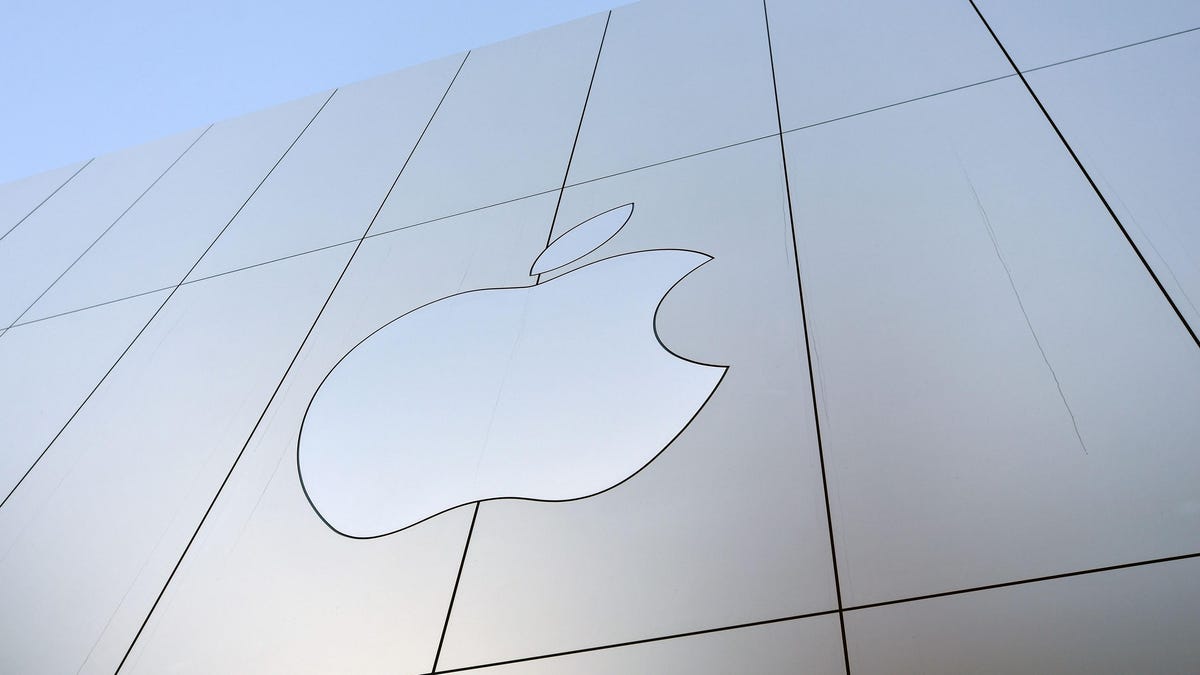Apple increases self-driving test fleet from 3 to 27
Seems like it's getting pretty serious, not that it wasn't already.

Start small and think big -- that's apparently the idea behind Apple's once-secretive autonomous platform development.
When Apple was ready to put its self-driving platform on the road last April, it started with a fleet of just three cars. Now, according to Bloomberg, that fleet has expanded to 27 vehicles, which seems more appropriately sized for Apple's aspirations.
This is probably not how Project Titan's code is arranged.
As of right now, the entire fleet consists of Lexus RX450h hybrid SUVs . Only a few videos have managed to catch these cars in action, but one ended up with a very up-close look at the car's sensor array, which can only be described as "thorough."
Apple's autonomous efforts have been ongoing for a couple years now. Originally, the company wanted to build an entire vehicle under its top-secret Project Titan. Over time, those plans were scaled back to a self-driving platform, which Apple could develop and then sell to automakers that don't want to spend the time or money developing their own platforms. This is what Waymo and Uber are doing, too.
While I'm sure Apple would have enjoyed keeping its project a secret for as long as possible, California isn't about to let that happen. It requires DMV approval for every company that wants to dabble in autonomy on public roads, and it publishes a list of all approved manufacturers on its website.
Once Apple's name appeared there, it'd be hard for Apple to keep pretending Project Titan didn't exist. That's likely part of the reason why CEO Tim Cook broke the barrier of secrecy last June, when he admitted his company was working on an autonomous platform. The company is still more secretive than Uber or Waymo, but that could change as it continues with its development cycle.

